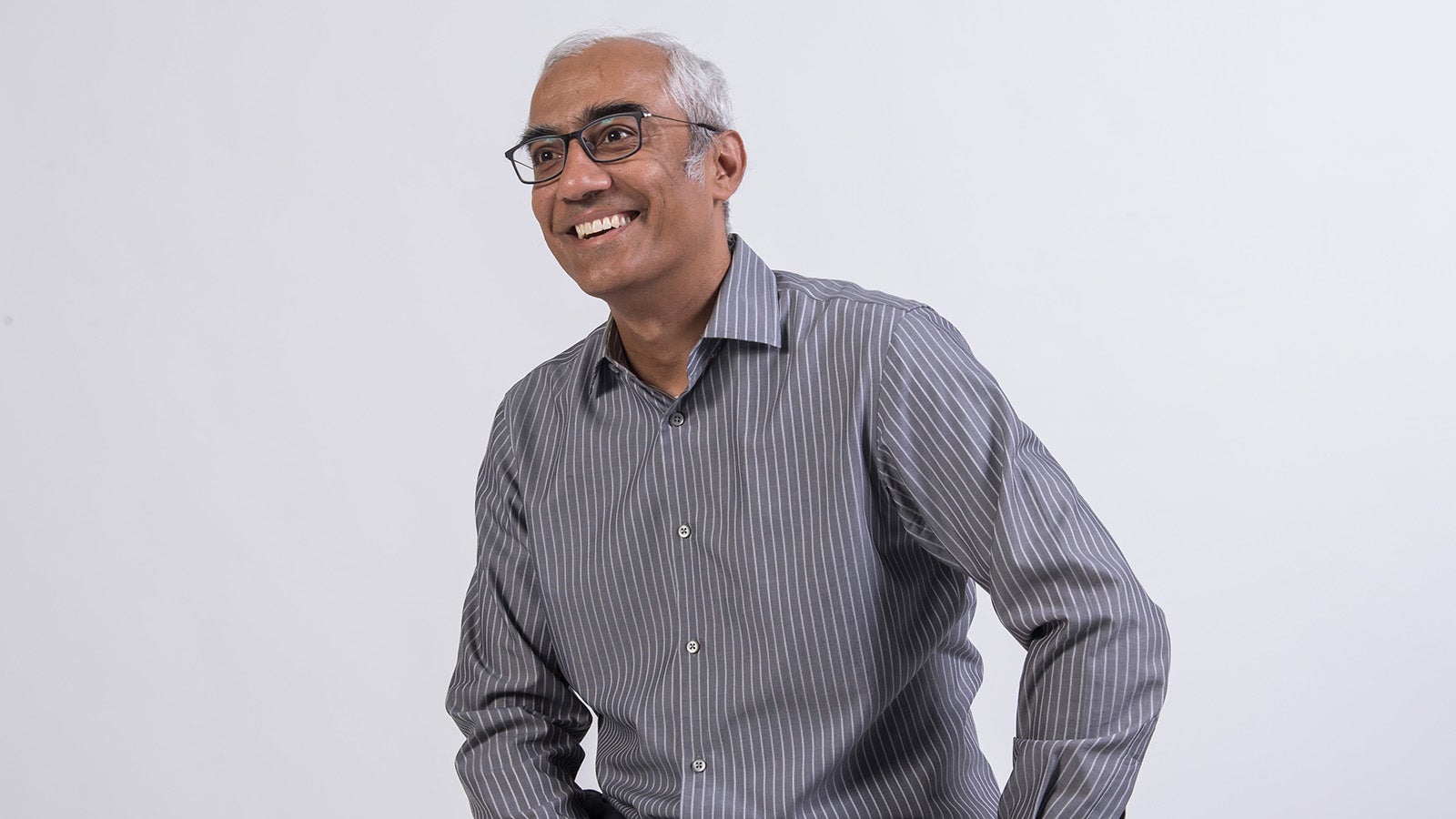Ashutosh Sabharwal, the Ernest Dell Butcher Professor and chair of electrical and computer engineering (ECE) at Rice, and a pioneer in two areas of wireless and health technologies, has been named a fellow of the Association for Computing Machinery (ACM).
Sabharwal is being recognized for his “invention of full-duplex wireless and open-source wireless research platforms.” He is the founder of WARP (Wireless Open-Access Research Platform), a scalable, programmable wireless platform used to prototype advanced wireless networks.
WARP spawned Mango Communications, founded by his former doctoral student Patrick Murphy, which has been adopted by more than 150 organizations worldwide. Sabharwal was awarded the 2019 ACM Sigmobile Test-of-Time Award for the WARP project. He is currently leading RENEW, a National Science Foundation-sponsored National Wireless Testbed project, and co-leads the Rice University National Security Research Accelerator.
Sabharwal earned his Ph.D. in electrical engineering from Ohio State University in 1999 and joined the Rice faculty that year. His work in wireless is in two distinct research areas: fundamental principles and novel experimental platforms for advanced wireless networking. Contributions to both led to his elevation to IEEE Fellow status in 2014.
Sabharwal is known for inventing full-duplex wireless, which doubles wireless network capacity and has been adopted for next-generation communication standards. His work on full-duplex wireless was recognized by the 2017 IEEE Jack Neubauer Award, the 2018 IEEE Communications Society Award for Advances in Communications and the 2021 ACM Sigmobile Test-of-time Award.
More than a decade ago, Sabharwal started Scalable Health Labs, aimed at advancing development of medical devices that can be scaled to help architect next-generation healthcare. His work in health care technologies has led to multiple startups and licenses. He is a co-founder of Cognita Labs, which has developed multiple FDA-approved complementary digital technologies for the diagnosis and management of chronic lung diseases. He is now leading the new Rice Digital Health Initiative.
Sabharwal leads two center-scale projects in health care: the NSF-funded “See Below the Skin,” which is advancing the field computational bio-imaging cameras and, as Rice lead, an NSF Engineering Research Center, PATHS-UP, to develop health care technologies for underserved populations. In 2020 he was named a fellow of the National Academy of Inventors.
Sabharwal served as the chair of the ECE Corporate Affiliates program and as director of the Center for Multimedia Communication. His research has been funded by NSF, the National Institutes of Health, Army Research Labs, IBM Research, Xilinx Inc., Facebook and Microsoft Research. He was awarded the 2018 Teaching and Mentoring Award by the Rice Graduate Student Association and the 2019 ACM Community Contributions Award.
The formal fellows presentation ceremony will take place at the ACM Awards Banquet in San Francisco on June 10. Fifty-seven new fellows will be inducted. ACM was founded in 1947 and is the world's largest scientific and educational computing society, with nearly 110,000 student and professional members

